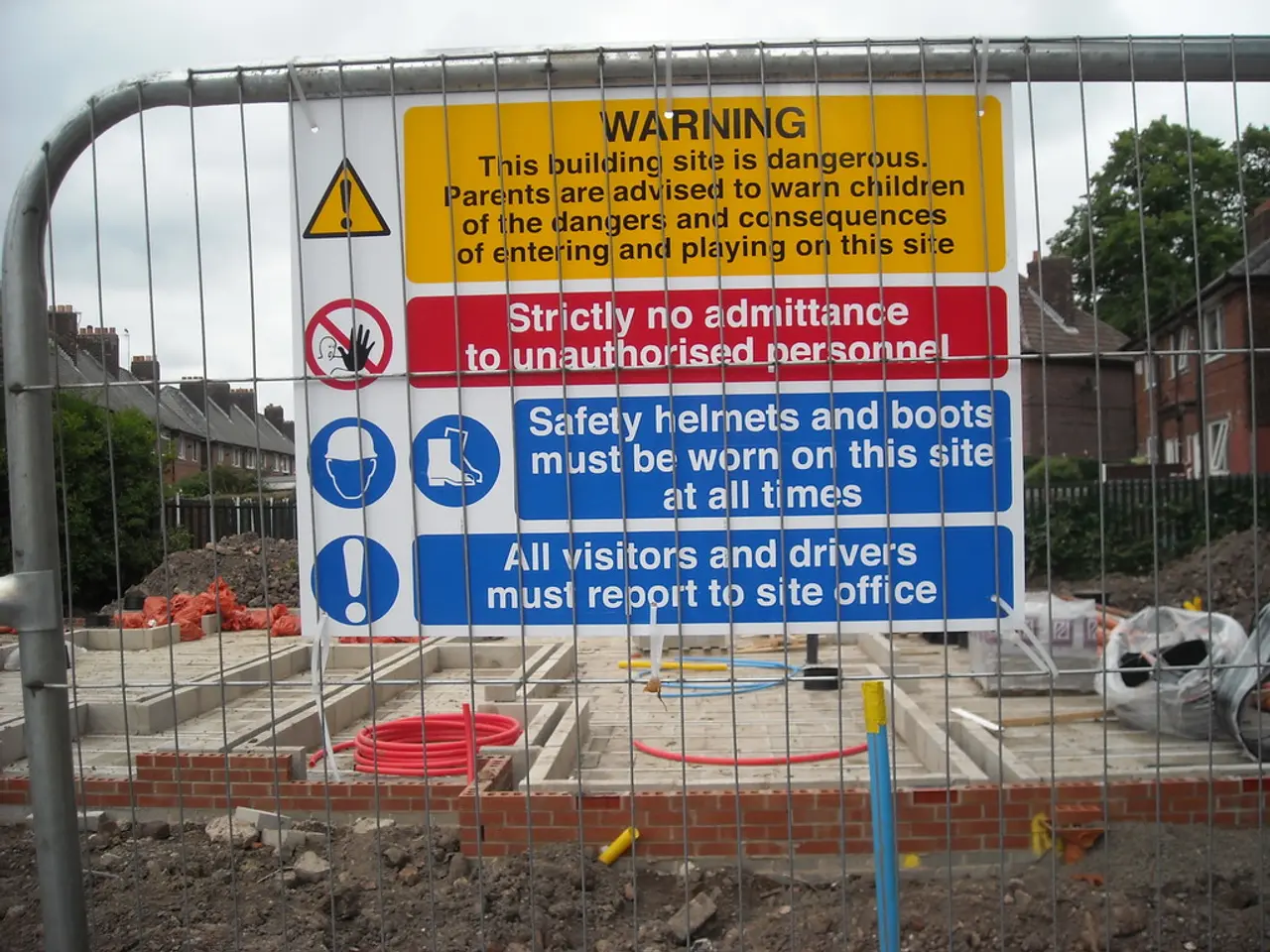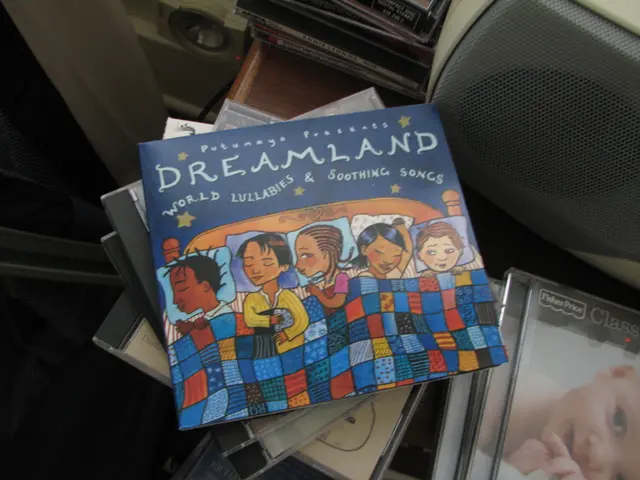Exploring the potential pitfalls of commonholds, as we delve deeper in this series (Part 2)
In the world of property ownership, a new model is gaining traction: commonhold. This system, designed to offer collective ownership with greater clarity and fewer disputes, promises to be a refreshing alternative to the traditional leasehold model. However, it's essential to understand the potential risks that come with commonhold, particularly those related to default payments.
At the heart of commonhold's challenges lies the financial responsibility of individual unit owners. Each owner is accountable for their share of the costs associated with maintaining the common parts and services of the property, such as maintenance, insurance, and management fees. If one or more owners fail to meet their financial obligations, the commonhold association may face a shortfall in funds necessary to maintain the property effectively.
This financial strain can lead to under-maintenance, deterioration of asset value, and increased costs or liabilities for other owners. The community's financial resilience is compromised, potentially impacting overall property values and long-term sustainability.
Key points of concern include service charge and maintenance fee defaults, the absence of ground rent but the persistence of other charges, and the impact on financial resilience. Defaulting owners can cause cash flow stress on the commonhold entity, reducing its ability to fund ongoing and emergency repairs, insurance, and professional management.
Moreover, the legal and administrative complexities of commonhold can exacerbate these issues. While the law aims to provide clearer ownership, managing and enforcing payment obligations can still be challenging. If defaulting owners are not quickly addressed, financial strain may increase.
On the brighter side, commonhold mitigates several leasehold default risks, such as escalating ground rents and lease renewal costs. However, it's crucial to establish enforceable rules on budgeting and reserve funds, legal mechanisms that actually recover arrears, and structures that give associations meaningful protection.
Proper regulation of managing agents is necessary to avoid rebranding the same problems and for the agents to operate differently under commonhold. Enforcement in commonhold may be slower, more politicized, and inconsistent due to the Commonhold Association being made up of fellow owners.
In conclusion, commonhold offers a promising shift from leasehold, with financial responsibility shared among the owners. However, the enforcement of payments remains diluted, creating a fragile foundation. For commonhold to succeed, it must prioritise financial resilience, operational robustness, and professional support. The commonhold framework should be evaluated for its ability to manage default risk and enforce payments effectively.
Investing in commonhold real-estate comes with the challenge of each owner's financial responsibility for maintaining the property. If multiple owners default on service charges or maintenance fees, the community's financial resilience may weaken, leading to potential property value loss. To mitigate these risks, it's vital to establish effective mechanisms for budgeting, reserve funds, and arrears recovery, while proper regulation of managing agents ensures operational robustness and professional support.







